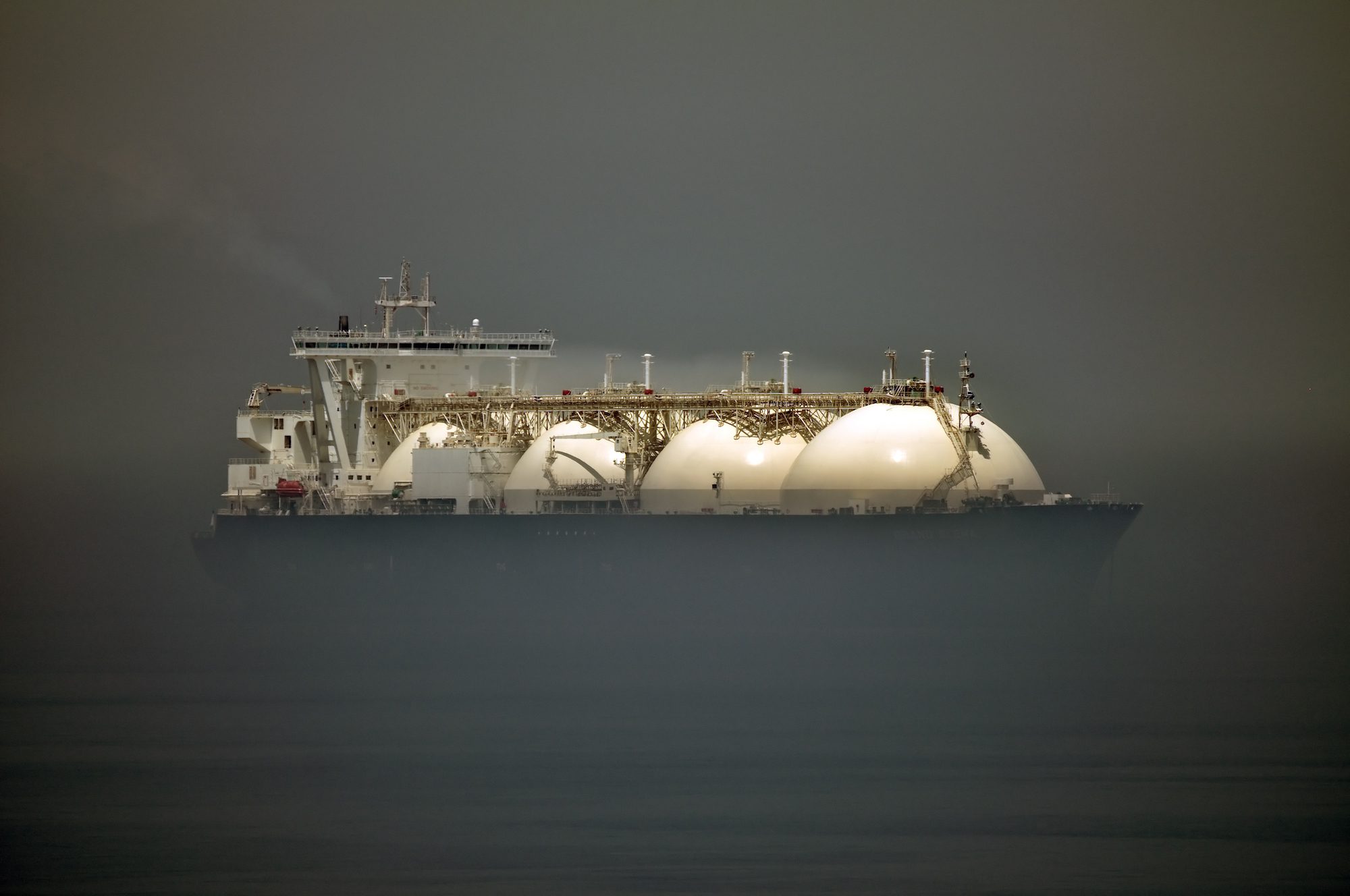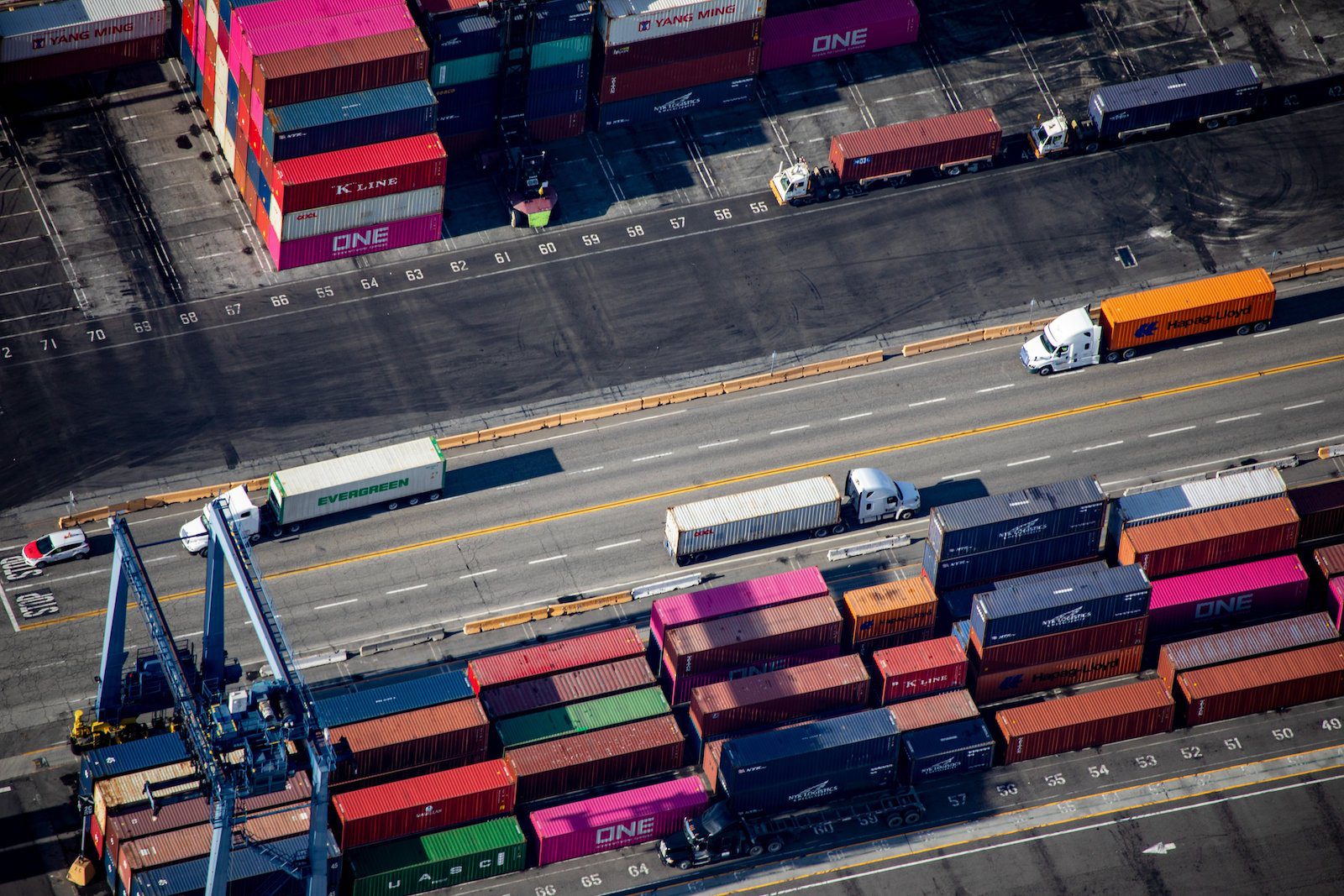Supply chain’s departure from “just-in-time” logistics since the COVID-19 is helping to limit short-term impacts from Red Sea shipping disruption, according to John Kartsonas, managing partner of Breakwave Advisors.
Kartsonas says Global supply chains are now stronger than they were before the COVID-19 pandemic, but he warns of potential impacts should Red Sea disruption continue for an extended period.
Breakwave Advisors is known for being the Commodity Trading Advisor for the Breakwave Dry Bulk Shipping ETF (NYSE: BDRY) and the Breakwave Tanker Shipping ETF (NYSE: BWET).
Kartsonas explained that the “Just in Time” strategy has proven risky, especially considering the geopolitical conditions over the past few years. He noted that many companies have adapted by maintaining larger inventories, which helps to mitigate short-term disruptions, such as the current one in the Red Sea.
However, Kartsonas warned that if the Red Sea disruption continues for an extended period, there will be increased costs for delivered goods due to longer sailing distances and higher fuel consumption. This will particularly affect goods traded in the East-West corridor.
“The impact will begin to be felt in the summer months,” says Kartsonas.
He says importers will experience higher costs for finished goods moving from the East to West. However, he also emphasized that this will not be a global trend. Trades within Asia and between Asia and the US, for example, will be less affected.
He further commented that shipping costs, which encompass fuel costs, various passthrough costs (like insurance and seafarer salaries), and net profit to shipping companies, will increase on routes affected by the Red Sea disruption due to longer sailing distances and higher insurance premiums. He says the consumer will start to bear some of these costs from the summer.
Speaking on the impact on commodities, Kartsonas pointed out that refined oil products are the most affected. Europe, which imports many refined products like gasoline and jet fuel, will likely turn to alternative sources in North and South America and West Africa. He noted that the short-term impact on freight costs has been substantial, pushing the net profit of shipping companies to multi-year highs. However, oil prices have been less affected, which helps to mitigate some of the increases in delivered prices.
“For the end users (ie fuel oil distributors) this is a passthrough cost to the consumer, but once again, the underlying oil price is a much more important element of the overall fuel cost than transportation and thus price increases will be muted,” he said.

 Join The Club
Join The Club










